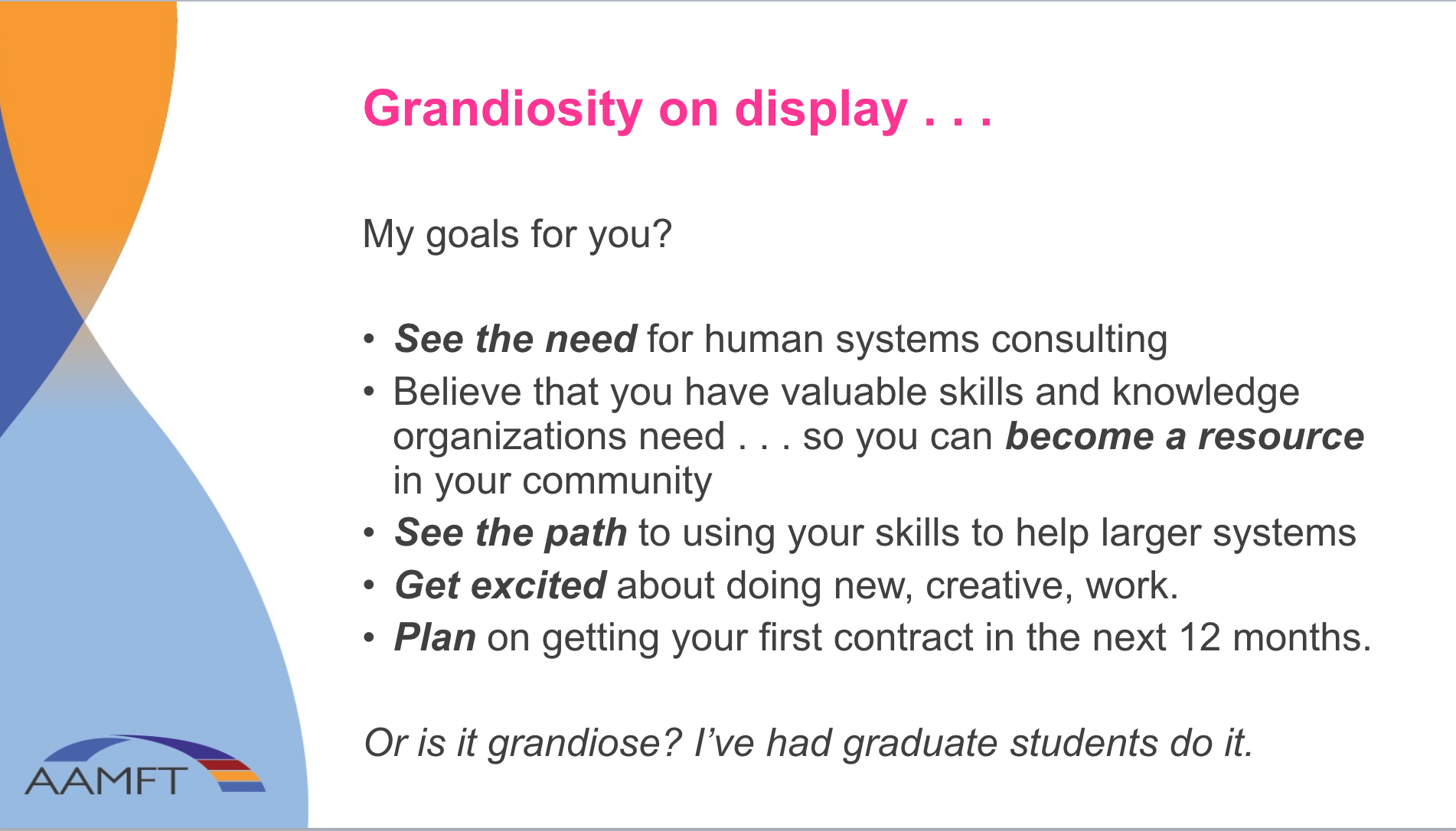The letter . . . For privacy reasons, the full letter is available to my email subscribers.
Our small-town bank locks it's doors . . . a road not travelled . . . and an opportunity!
A bank employee will now let you into the building . . . but only with the proper ID.
Our town only has a population of 2,000 . . . and it's in the middle of a rural area, in a state that has been referred to as "fly over country." So it's a bit shocking to get a letter like the one in the photo. I mean, this "ain't New York City!" to adapt the advertising slogan. We're used to leaving our doors unlocked, the keys in the vehicle, with the naive confidence that people generally "mean well" and can be trusted. No, this isn't "Mayberry" from the Andy Griffith show. But it's close.
A quick side-note. Our site has grown over 60% this year. Thank you to everyone for visiting our site, recommending us to others, subscribing and and following our blog. We will continue to offer content through our blog, email list, and our free eBooks in 2018!
Anyway, this letter reminded me of an event that happened about a decade ago. A bank President called me. She asked if I would be interested in setting up a state-wide Critical Incident Stress Debriefing network for her bank. At the time I was the Executive Director of a counseling center and had worked with bank leadership on a couple of her work-teams.
I told her that we might be interested, but that I would have to find out more about what setting up and running a state-wide CISD network would require. My first call was to my professional "guru." He told me right away that the state operated a CISD team and that I should contact the head of that department. I did.
The result was disappointing . . . at best. It was clear that contact with this state-run program would be of no help what-so-ever. The program, to be fair, was designed to help "first-responders," an admirable ambition, and it was clear in the conversation with this bureaucrat that there was no room to provide this service to anyone outside the governmental system. To his credit, he was brutally clear; the legislative focus was on government and, as such, they would not provide advice, training, support, or even make available the names of counseling professionals they used across the state for their CISD services. It was a complete dead-end.
I called back the bank President. I described the experience with the state and informed her that, without being able to tap into existing resources, we simply would not be able to develop and provide this service. We were not equipped to identify, train, support, and provide the services state-wide as a small center with less than a dozen professionals on staff. It was not the right opportunity for that organization and my focus, at that time, was on building up the organization--not seizing on the opportunity to contract with the bank to develop and deliver this service.
But truth be told, it bugged me. I've never worked in government--but I have had a number of grants and contracts with legislative branches--and I am fully aware of the constraints under which they serve. What galled me was that here was a legitimate need and it went unmet. Being a problem-solver by nature it just didn't seem right to drop it. But we did.
This experience did teach me a few things that might be of use to you, my readers. Mostly, that their are unmet needs all around you and if you can uncover them, and find ways to help, you will never be without work to do and people who will pay you for the value of that work. But, more specifically . . . regarding this opportunity . . .
1. Banks, fast-food restaurants, retailers have lots of attempted, and some completed, robberies that never make the news (in fact, in many cases, they work hard to make sure they don't!).
2. These events can cause significant turn-over and often negatively impact employee morale . . . directly impacting the "bottom line" of the bank.
3. There is no established system for addressing this need in the for-profit world. (at least not here or to the knowledge of many professionals I have asked in the past decade) and despite training on what to do in such events and some education of the effects, there is no systematic follow up or support when the events occur.
4. There is no recognized standard way to recognize those that have expertise in helping these organizations (no state licensure or certification for CISD/M in general). Psychologists and counselors often get referrals for people who have been traumatized by these incidents and who are experiencing anxiety or other symptoms but it is rare (excepting, perhaps, public school settings) to provide this support at a group level.
Conclusions?
This is an untapped area for private practice consulting for professionals who want to get trained, develop expertise, and market these services.
Notice: Posts, like the one you are reading, are also available to be automatically sent to your email. (Subscribers also get additional information, with more specific advice and insights, offers of free resources, etc. for subscribing. If interested, just contact us.)






